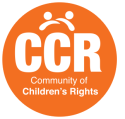Our Projects
Investing in Futures
Special Stars Inclusive School Multan
Imagine a child’s potential, unburdened by poverty. This is the promise of Special Stars Inclusive School. Here, the most vulnerable children—those from families living in extreme poverty—find a place to learn.
The school currently lacks basic infrastructure and essential facilities, making it a daily struggle for these bright young minds.
Our Commitment: CCR is committed to transforming Special Stars into a state-of-the-art school where learning is engaging and inspiring.
Your support can make this a reality. By donating, you are not just funding a building; you are investing in a future where these children can rise above their circumstances and unlock their true potential. Join us in building a school where learning is fun, and dreams have the space to flourish.
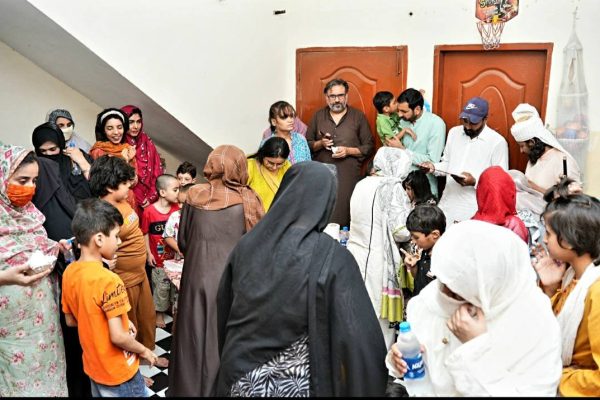
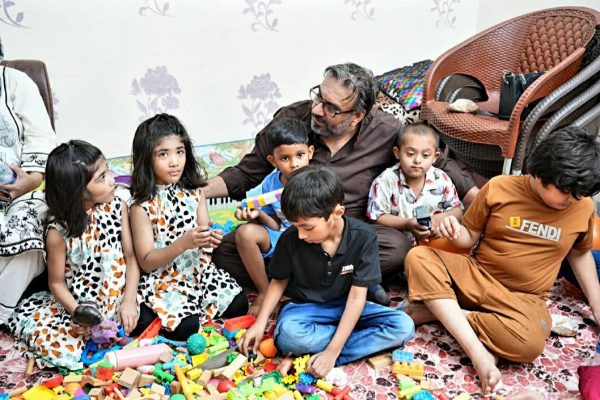
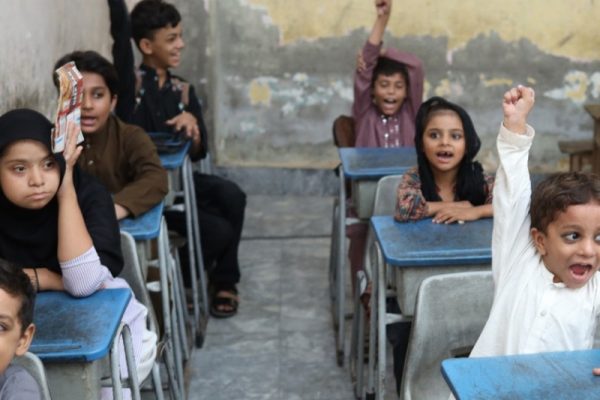
Rehabilitation Center for Special Needs Children
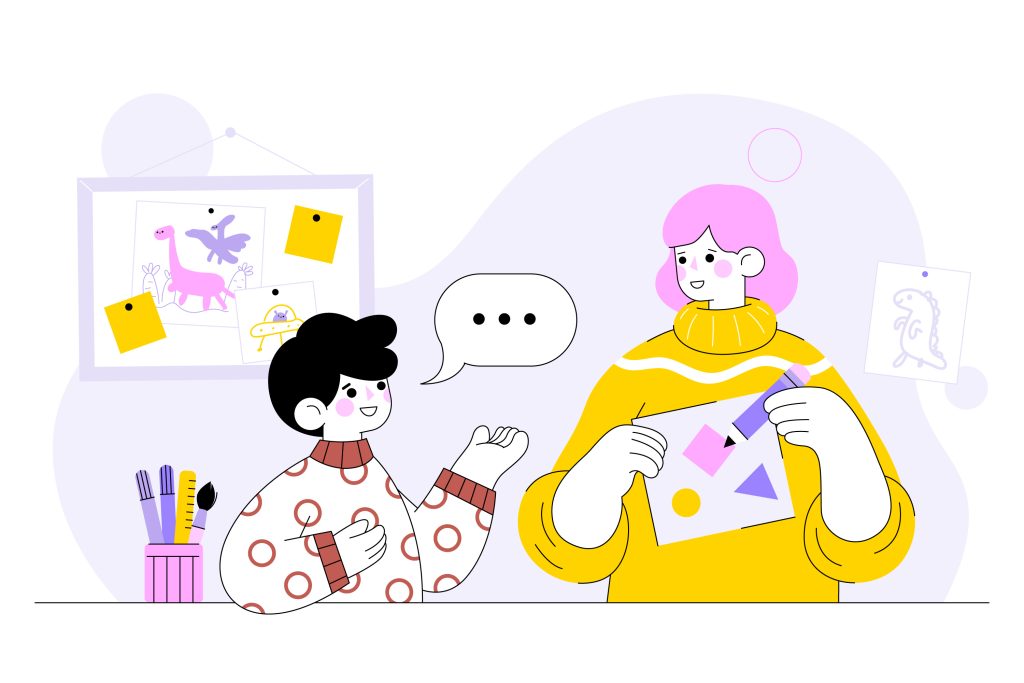
Every child deserves a chance to thrive. For children with special needs, this journey requires a unique blend of care, expertise, and unwavering support.
Our Mission: To build a professional therapeutic hub in Sahiwal, with essential sub-branches planned for Okara and Pakpattan. We specialize in providing comprehensive care for children with a wide range of needs, including:
- Autism
- ADHD
- Learning Difficulties
- Down Syndrome
Our Approach: A Path to Independence
We believe in a holistic, individualized approach:
- Early Intervention (Ages 0–2): Foundational support during critical development years.
- Specialized Care (Ages 3–12): Tailored programs focusing on communication, social skills, and academic readiness.
A Multidisciplinary Expert Team
The heart of our center is our expert team that creates comprehensive care plans for each child:
- Clinical Psychologists
- Occupational Therapists
- Speech-Language Pathologists
- Special Education Experts
- Behavior Therapists
- Family Counselors and Parent Support Groups
We also emphasize parent training and family support programs to ensure progress continues at home.
State-of-the-Art Facilities
Our center is a sanctuary for growth, meticulously designed with specialized equipment:
- Sensory Integration & Occupational Therapy Room: Helps children with sensory processing, motor skills, and body awareness (crucial for Autism, ADHD, Down Syndrome).
- Speech Therapy Room: Equipped with tools like PECS (Picture Exchange Communication Systems) and Voice Output Devices for non-verbal children.
- Special Education & Cognitive Learning: Classrooms use visual task boards and educational kits to build focus and academic skills.
- Behavioral Therapy & ABA: Structured environment using reinforcement charts and social stories to teach positive behaviors and coping mechanisms.
Goal: By establishing this center, we aim to serve 100 children with developmental needs, giving them a chance to live more independent and fulfilling lives.
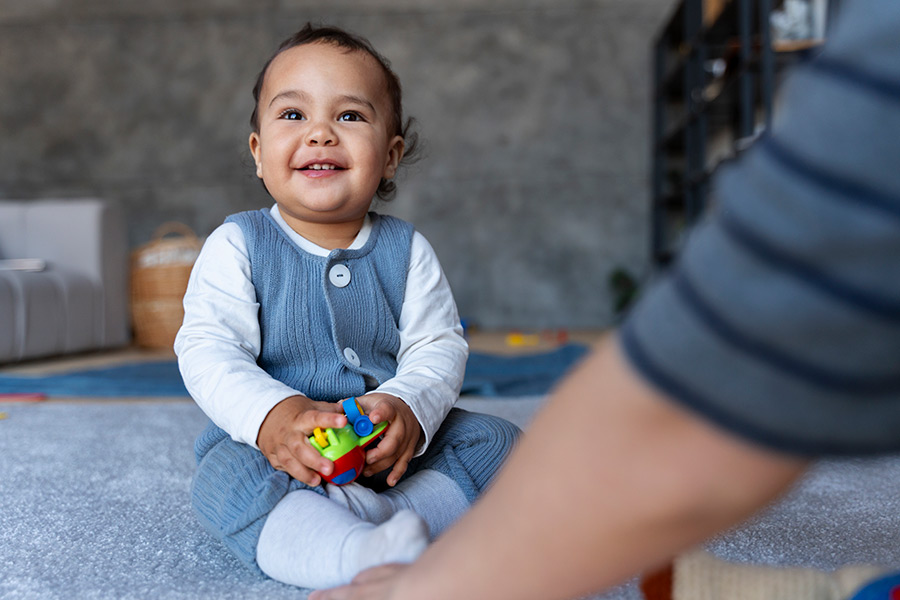
Mother Support Group: Empowering Mothers, Building Communities
Being a mother of a child with special needs is a unique journey. At CCR, we understand the strength and resilience it takes. Our Mother Support Group is a movement to create a world where mothers feel supported, empowered, and connected.
A Journey of Growth: Our Five-Phase Program
- Phase 1: Foundation & Awareness
- District-wide sessions to build knowledge on special needs (Autism, ADHD, physical impairments) and the importance of early intervention. Connect with others to realize you are not alone.
- Phase 2: Skills Development Workshops
- Hands-on training in intimate groups for practical skills: effective behaviour management, communication techniques, creating a structured home environment, and vital stress management/self-care.
- Phase 3: Training of Trainers (TOT)
- Equipping passionate mothers, teachers, and social workers to become certified trainers who can facilitate workshops and lead community outreach.
- Phase 4: Community Support Circles
- Regular, city-based peer meetups to share experiences and find strength. Expert guidance is provided by child psychologists and therapists.
- Phase 5: Monitoring & Expansion
- Continuous feedback and assessment to ensure effectiveness. We celebrate achievements with certifications and collaborate with local NGOs to expand our reach.
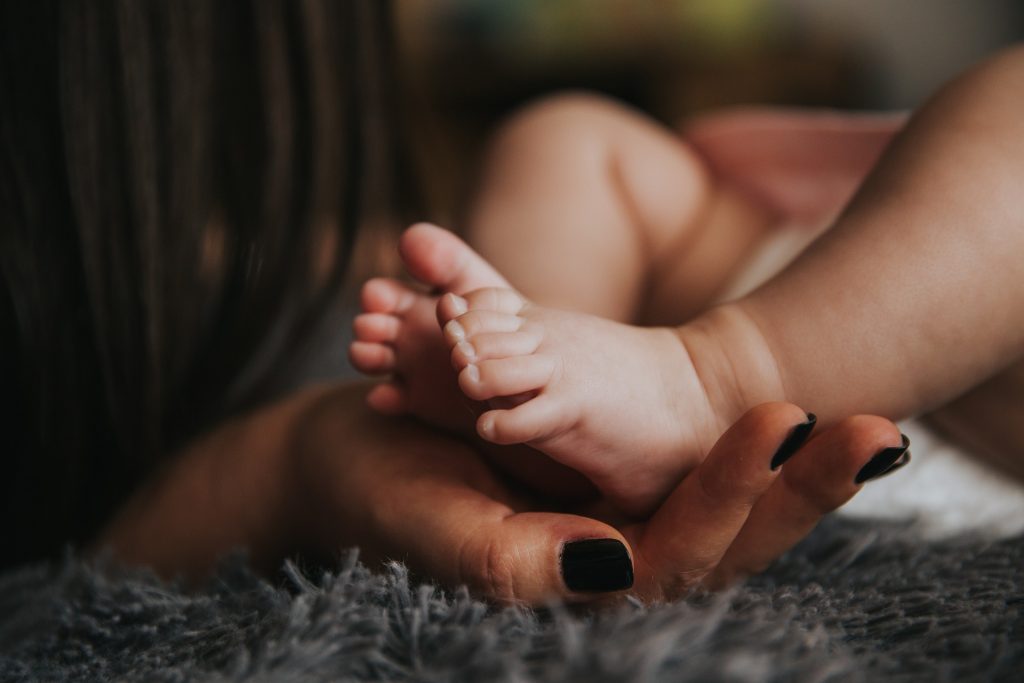
Community & Crisis Response
- Ramzan Campaigns: We carry out Ration drives and host iftar gatherings for impoverished families to ensure they observe the holy month with dignity.
- Special Campaigns: During natural disasters like Pandemics, Floods, or Earthquakes, we stand by our Pakistani brothers and sisters, providing immediate aid and support in our capacity.
The Challenge in South Punjab: Socio-Economic Realities
Our work is focused on South Punjab, a region with distinct challenges that necessitate our urgent action.
South Punjab faces significant socio-economic issues, resulting in a lower Human Development Index compared to the rest of the province.
Key Challenges:
- Poverty and Economic Disparity: The region experiences a higher rate of multi-dimensional poverty. Per capita income is less than half the national average, and many lack access to basic amenities.
- Under-resourced Infrastructure: Health and education are severely under-resourced. The literacy rate is significantly lower than the provincial average, and there is a staggering number of out-of-school children.
- Feudalism and Social Issues: A strong feudal and tribal culture contributes to social issues, including the suppression of women’s rights and discrimination against marginalized communities.
- Climate and Environmental Vulnerability: The region is highly vulnerable to natural disasters. Recent floods have caused widespread devastation, displacing millions.
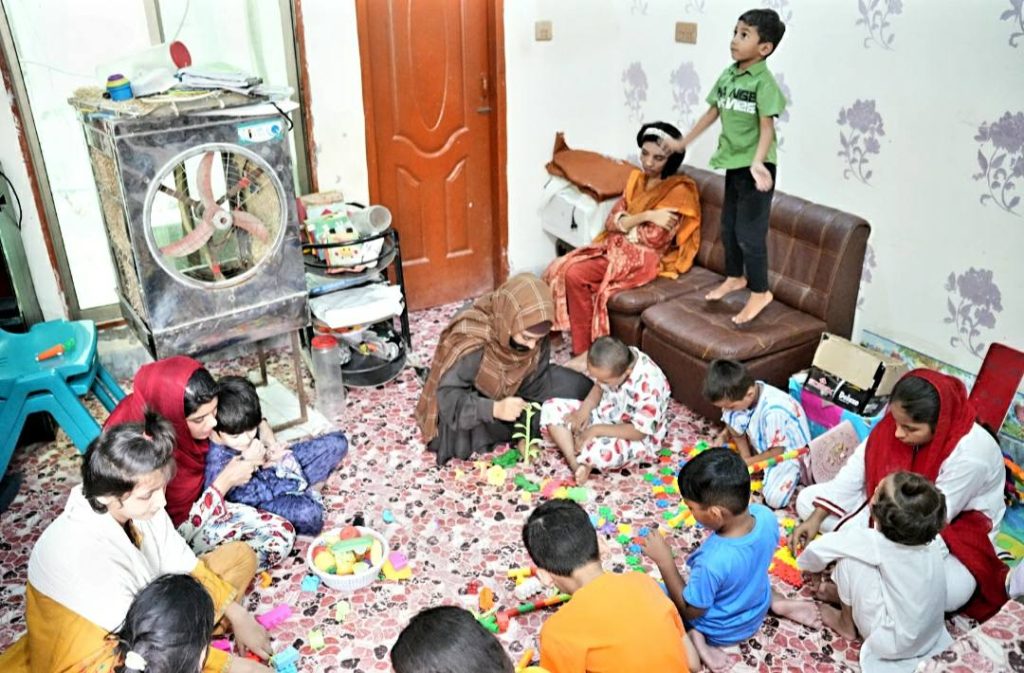
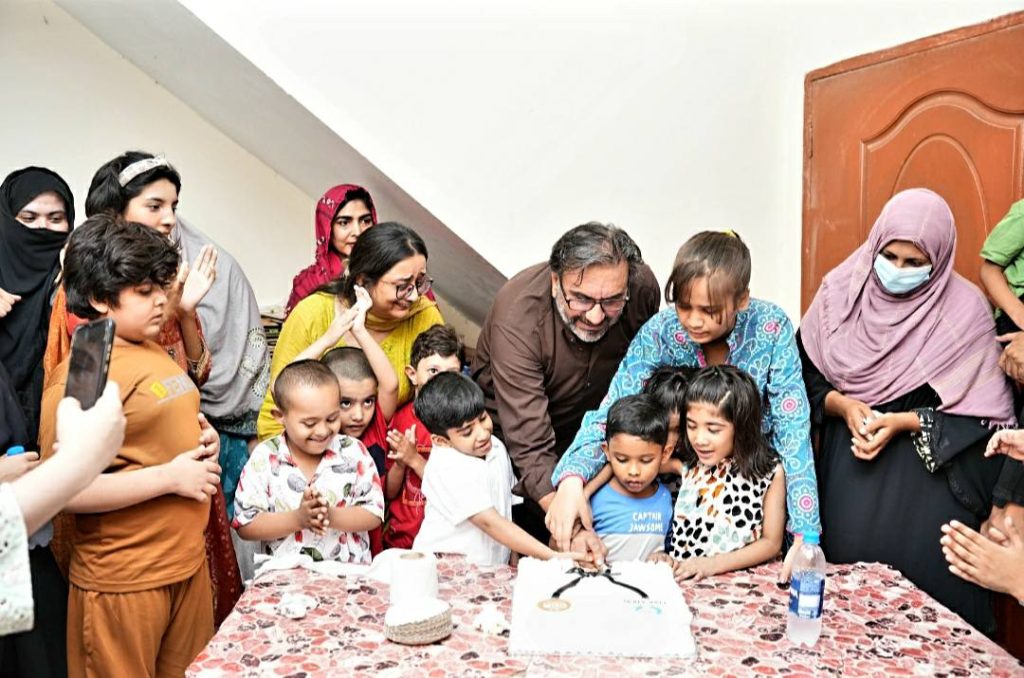
Special Needs Statistics:
Reliable national data is limited, but recent figures highlight the scale of the need:
- Prevalence of Disability: The 2023 census indicates a national disability prevalence of 3.1%, while Punjab province has a slightly higher reported rate of 3.5%.
- Functional Limitations: A 2017 survey found that 24% of adults aged 15 and over in Pakistan have some form of functional difficulty.
- WHO Estimate: Based on the World Health Organization’s global estimate of 16% people in Pakistan live with some form of disability.
- Poverty Link: Individuals with significant functional difficulties are more likely to experience multi-dimensional poverty, higher rates of illiteracy, and limited access to essential services.
